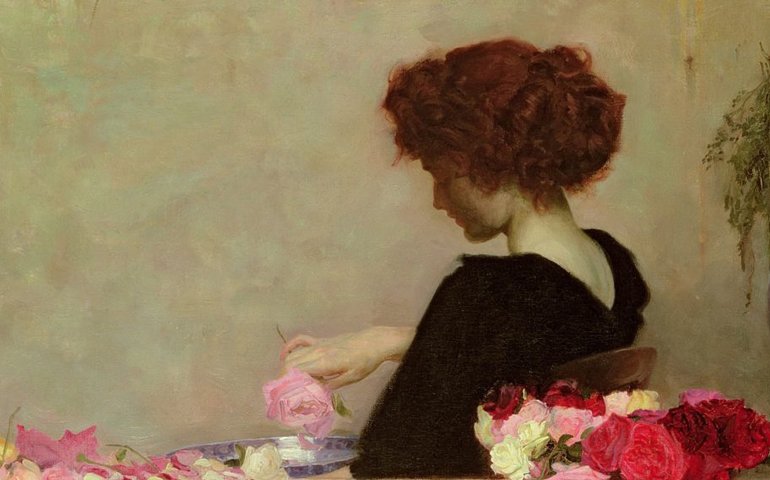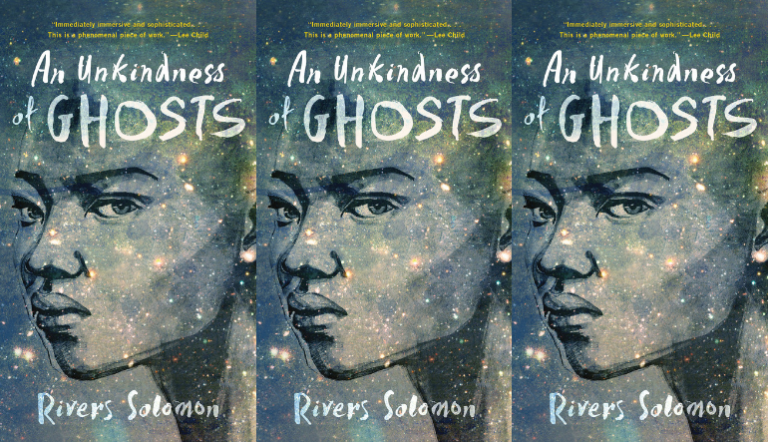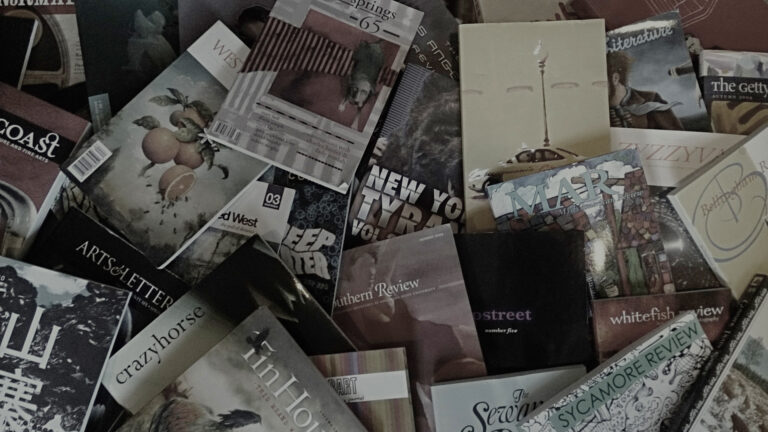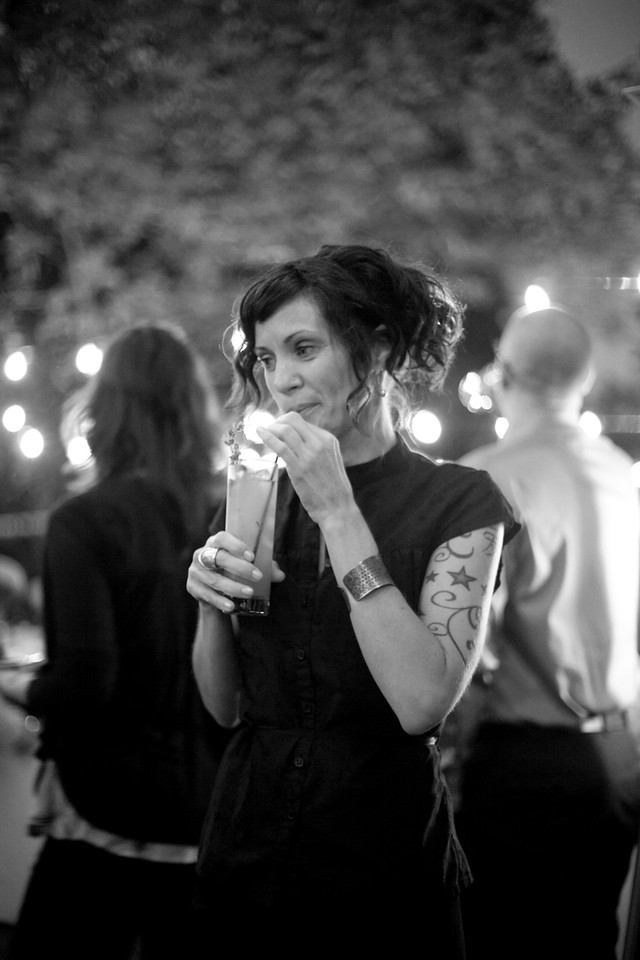Essence and Absolute: The Storytelling Power of Perfume

When you start selling perfumes, you are in the business of selling stories. You must learn to be adept in all the tools a writer needs to do their work well. To read the person walking through the door: the details of age, gender, affluence, build, the flicker of personality, or urgency or languor. Is she young? Dressed well, perhaps in cream or pastel? Does she smile easily? Give her Chabaud’s “Vintage” to try.
If you detect a certain twist at the corner of her mouth, remind her that what makes “Vintage” so wonderfully contradictory is that note of almond going through it like a ribbon, like a rumor. Almond whose milkiness reminds us of childhood, cups of warm milk. Almond that nestles so well among the golden honey and caramel of the base, the voluptuous jasmine and ylang-ylang of the heart, pretty things you could take a bite out of. If a boyfriend or husband is with her (men are particularly socialized for just this), so much the better.
But bitter almond is also the smell of cyanide. The note of danger that says this is laced with poison, watch out. See if he isn’t beguiled by the smell on her wrist or neck. See if her eyes don’t flicker. When was the last time I wrote a poem that could do that? This is the most magnificent practice. If you learn the knack of it, you will sit down to write feeling as if you have a new sense entirely, one full of details, memories, an instinct finely honed, only waiting for you to use it.
Never let a customer who sincerely wants a perfume leave the store without one, or if they cannot or will not buy on the spot, never let them leave without spraying a sample onto their wrist. That is what they will walk away with, a trace, a whisper in their ear, compelling them throughout the day, as it’s warmed by their pulse, as it rises with the heat, or reacts to the weather, to come right back in, and ask you for the rest. This way you learn about compulsion. The accords that haunt.
Use all your senses. Find out what the music of that accord is. The “popcorn” accord of Memo’s “Siwa” that manages to evoke heaps of golden grain in the shade of a tree. How does that work with the rest, the sheer, eerie vanilla, the whisky bite in the heart? Now you have image and smell, the rhythm of a fragrance’s unfolding. How does it hold the nose? What does the imagination respond to? What makes someone keep sniffing their wrist, what brings them back for more? From this you learn the rhythms of narrative, the allure of image, how a story keeps us hooked, haunts us forever.
Scent is one of our most neglected senses, oversaturated as we are with the effects of air pollution, synthetic accords in everything from laundry detergents to skin products. Yet it is also the most primal sense, the surest trigger of memory, of instinct. In an interview with the BBC, Jean Guichard, master perfumer and principal of the legendary Givaudan Perfumery School, demands that a perfumer be a mix of a scientist and a poet. When you start paying attention to perfumes, an education in history, philosophy, science, and psychology inevitably follows. It’s this way you know why Nina Ricci’s “L’Air du Temps” has doves of hope on its flacon, how you learn the language of flowers, the shades and moods of them, the animal appeal of cumin’s tang of human sweat when combined with jasmine’s voluptuous fleshtones.
Scent is also one of the most difficult sensations to capture in words, demanding by its ephemeral nature a precise and rarefied vocabulary, of tone, texture, and metaphor. This doesn’t make it impossible to write about, as any Proust lover knows, or anyone who has read Patrick Suskind’s magnificent Perfume. But the challenge of writing scent is one that, as a writer, engages every other sense, and makes every word a treasure to be weighed and decided on, with all the attention and rigor art demands.
I got my first job in perfume in the midst of a complete burnout, which shattered my ability to write fluidly, and had me plunged into a deep spell of depression. But through being immersed in a shop selling some of the most exclusive and niche perfumes in the world, and having the task of selling them, I found myself immersed in an entirely new vocabulary—of note, sillage, and accord—and compelled to know by heart well over a hundred different perfumes, their notes, moods, temperaments, longevity, and the vagaries of how they wear on the skins of different people.
One of my greatest mentors and teachers always reminded us of Mary Oliver’s maxim that “attention is the highest form of prayer,” and by immersing myself in this world, my physical and psychological faculties were stretched and challenged. Perfume is an art that goes back to primal religion, the rituals of medicine, of prayer, of seduction, of death, of marriage. This urgency is felt on the level of instinct, when you smell something irresistible, or the moment when a customer would smell something I recommended for them, and their eyes would widen, there’d be a little gasp, and the words, “Oh, I remember . . . ” or “Oh, this makes me think of . . . ” How many of us have buried our nose in the clothing of a lover, or our mothers, and been flooded with all the sweet compulsion of love, the searing detail of recollection, through that trace of scent? And what I wouldn’t do to capture that in words.
At the same time, perfume is a luxury, a frivolity, in much of contemporary Western culture. It is sheer pleasure, indulged with nary a glance at the stakes. This, too, is part of perfume’s magic.
Perfumes don’t demand that you care. It’s their fundamental insouciance, even as they impel and beguile, that is the loveliest thing. There is no posturing, no demand, no justification, clamoring to say, this matters, because it’s the most fundamental sense: it just does. You can close the book on a poem, turn away from a painting, or stop listening to music. You cannot stop breathing.
While working at the perfume shop, I started writing again, my senses woken up, compelled by memories and moods called up by perfume, the rarefied attention learning them demanded, the constant contact with new people, with all their moods, insecurities, and desires, to be read and preempted if I was going to earn my living that day. And not only this, but I started reading again, for the first time in a year. Because every person walking through the door of the shop had a story, the one they walked in with, or the one they sought to tell about themselves in their search for a perfume.
When you start paying attention to perfume, from the attar seller mixing oils on the side of the street, spilling the scent of rose and sandalwood onto the hot pavement, to the luxurious pull of the Guerlinade with its lush tonka and warm vanilla, your appetite for story is beguiled, your appreciation amply indulged. Everything, from the history of trade routes to theories on the fitting smells for human flesh, of purification and seduction, of worship and burial, comes to bear. And every perfume in some way, great or small, is an homage to a heritage that is, at its essence the history of the world. As Mandy Aftel observes in her exquisite book, Essence and Alchemy: A Natural History of Perfume (Gibbs Smith, 2006), “It has been said, with some justice, that the world was discovered in perfume’s wake.”
There are resonances, patterns, mythos, written into perfume. Watch someone recognize the chalky note, the clear heat of Azzedine Alaïa’s “Alaïa,” and tell them about how it was inspired by the couturier’s childhood in Tunisia, when his grandmother would fling cold water on the hot chalk wall of the courtyard. Tell of how Jean Harlow’s signature was Guerlain’s legendary “Mitsouko,” and how her husband of one week was found dead by suicide and drenched in it. How Diaghilev scented his curtains with it, so every passing breeze would loose that smell of peach and oakmoss, carnal as flesh and rarefied as incense rising from a woodland shrine.
We partake of stories, we choose and hold them, and with perfume, we bedeck ourselves in them, every scent binding with the individual’s chemistry of skin acidity, decided by age, sex, diet, history, to make something unique, a trace on the air that speaks without words, the prelude to sex or conquest, the treasure of innocence, of beloved memory. Every perfume comes with a history stretching back beyond Cleopatra’s cedarwood barge, her sea of rose petals and baths of sweet milk. The reader in me, who chases down stories and histories with abandon and ardor, came alive as well, led by the barest traces of scent on the air, and sparked by the stories that walked into the shop, and the search for new ones, for every individual’s signature, the story they choose to tell without a word.
An art containing the secret of memory, the compulsion of instinct, both carnal and philosophical, luxurious and necessary, perfume is what I turn to, to erase time, to transform and compel. The very words used in perfumery: essence, absolute, contain a latent finality, surrender, demand. We have, in all the wreckage of late capitalism, been inundated with noise, and removed from so much of the natural world, so much of our primal ways of knowing, but to immerse oneself in the vocabulary, the physical and imaginative rigor of perfume, is to find a doorway to a magic as old as story, a shorthand for the entire history of desire, the entire history of our kind.


